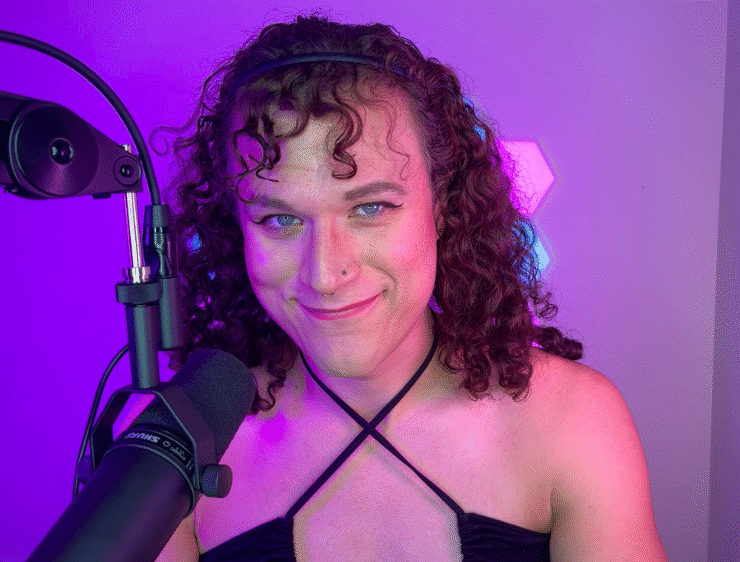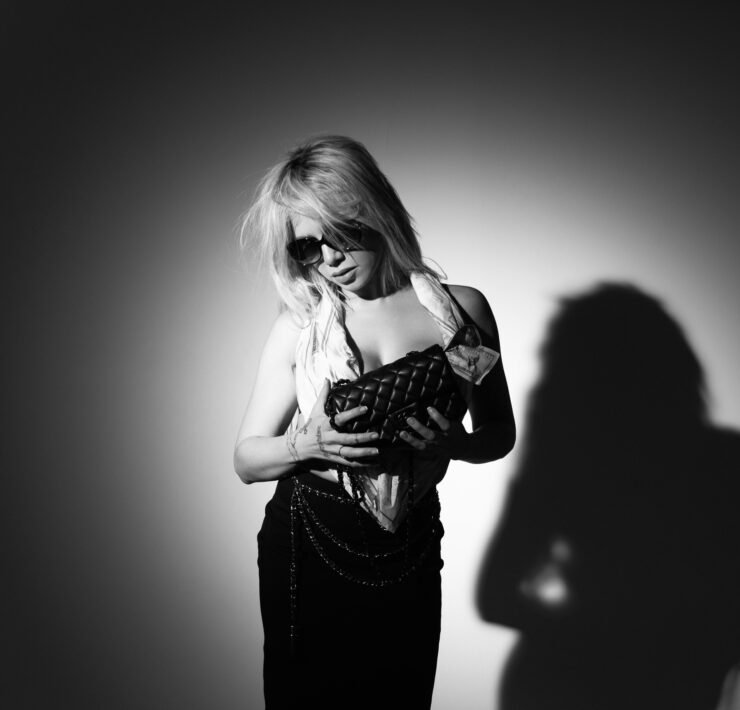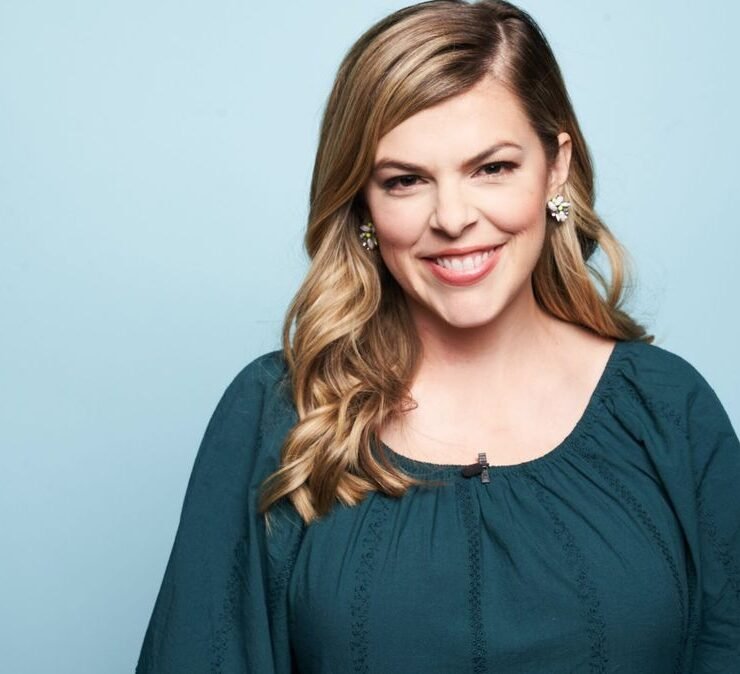‘Dear Alana’ Explores the Life and Death of Alana Chen

Julianna O'Clair is a recent graduate of the University of…
Content Warning: Suicide, Conversion Therapy
The comforting, boisterous clatter of a family birthday party is an unexpectedly sweet start to the first episode of the podcast Dear Alana. Host Simon Kent Fung’s nephews delightedly shriek along to “Happy Birthday” before playfully announcing his age, much to the host’s chagrin. It’s a light-hearted glimpse into Fung’s personal life, and the sense of sweet nostalgia it inspires is threaded throughout the rest of the episode.
The clip is a gentle introduction to a podcast series that explores the heavy emotions and dark hopelessness of a young queer woman who committed suicide. Boulder resident Alana Chen was 24 years old when she took her own life in 2019.
Fung, who bounces between San Fransisco and Denver, learned of Chen through a newspaper article published shortly after her death. “I was very struck by a couple of details about her life that really connected with my own life,” Fung says. “Alana was a very deeply religious young person who had wanted to become a nun since she was a teenager. She was also someone who confided in her spiritual mentors at a young age about her questions around sexuality. They told her to keep her sexual orientation a secret from her family and ended up directing her to conversion therapy.”
To Fung, reading Chen’s story was like looking in a mirror. Also deeply religious, Fung had once dreamed of entering the Catholic priesthood, but as a gay man, that goal was out of reach—So he sought conversion therapy. “I felt very conflicted about my own sexual orientation as a young person… and at the same time felt this deep calling to be a priest,” Fung says. “I really felt like my vocation depended on me not having this ‘condition.’ And the guidance that I was receiving, both through my spiritual mentors as well as through my own self-study and research, was that there was a path towards ‘fixing’ this.”
Contemporary conversion therapy looks a little different than the castration, lobotomies, and electroconvulsive therapy of the 1900s—Nowadays, it often takes the form of talk or group therapy. The American Physiological Association (APA) defines conversion therapy as “any attempt to change a person’s sexual orientation, or gender identity or expression, or any component of these.” The APA makes it clear that, despite its name, conversion therapy is not a form of therapy, and it’s often offered by people who are not licensed mental health practitioners.
“Contemporary conversion therapy is often depicted in very physically violent or coercive ways, but what a lot of people don’t know is that it can happen in clinical settings. It can happen in pastoral settings,” Fung says. “It can look like the kinds of therapy that Alana and I received, which really pathologized our experiences.”
The APA has created a fact sheet summarizing the results of studies on conversion therapy. It states that change efforts are not effective and can encourage people to hide their sexual orientation or gender identity. Change efforts are also harmful—They can increase suicidal thoughts, suicide attempts, and depression in young adulthood.
“In religious settings, (conversion therapy) often dovetails with religious explanations or theological explanations around ‘brokenness’ or ‘sin.’ And the techniques that are used can take on a religious appearance, for example… a healing prayer and other kinds of pastoral approaches.” Fung says. “I pursued all those paths, and in the end, I was not able to find the kind of orientation change I was seeking and as a result felt extra broken and damaged in my own life.”
Fung reached out to Chen’s mother, Joyce, back in 2019, and the two began chatting via phone calls and text messages. As Fung’s relationship with Joyce deepened, his questions about Chen’s life continued to grow. “When I took a break from my work post-COVID in 2021, I remember lying awake in bed at night at, like, 2:00 a.m. and Alana’s story just kept on haunting me,” Fung says.
He proposed the podcast to Chen’s family and, with their enthusiastic support, dove into his research. For two years Fung conducted in-depth research, often traveling to Colorado for in-person interviews with Chen’s family and closest friends. He dug through old photo albums, journals, and home movies, capturing fragmented memories of Chen and slowly piecing together the puzzle of her life and untimely death.
So far, Fung has released five out of eight episodes of Dear Alana, (available on all major platforms) and a new episode drops every Monday. Listeners who want to binge the series can purchase a subscription and have immediate access to all eight episodes.
Fung, who is still a devoted Catholic, hopes the podcast can provide comfort to other LGBTQ people who are facing similar struggles. “My first hope is that people like Alana and myself, who feel conflicted in reconciling different parts of their identities, whether that be their faith or their sexuality, will feel less alone and seen,” Fung says. “I made this, first and foremost, for those folks to hear a voice that they may not have seen represented and feel so isolated from.”
Photo courtesy of Tenderfoot TV
What's Your Reaction?
Julianna O'Clair is a recent graduate of the University of Denver where she majored in music performance and journalism. She has written a variety of articles for multiple publications including the Recording Academy, Denver Life Magazine and Westword. Julianna is passionate about highlighting marginalized voices and influential community members — especially within the music industry.










